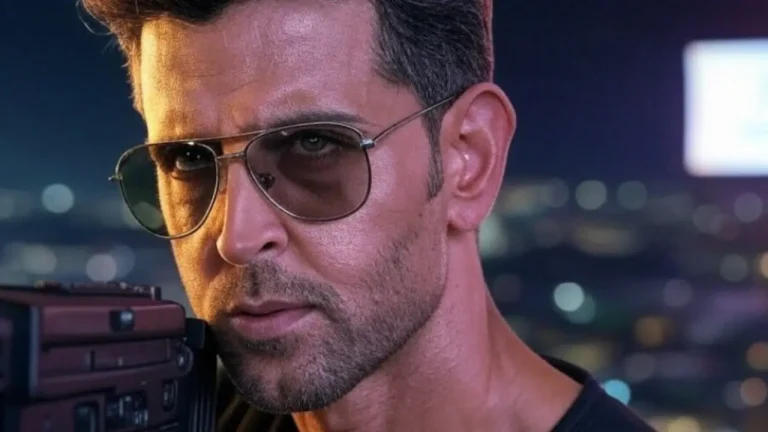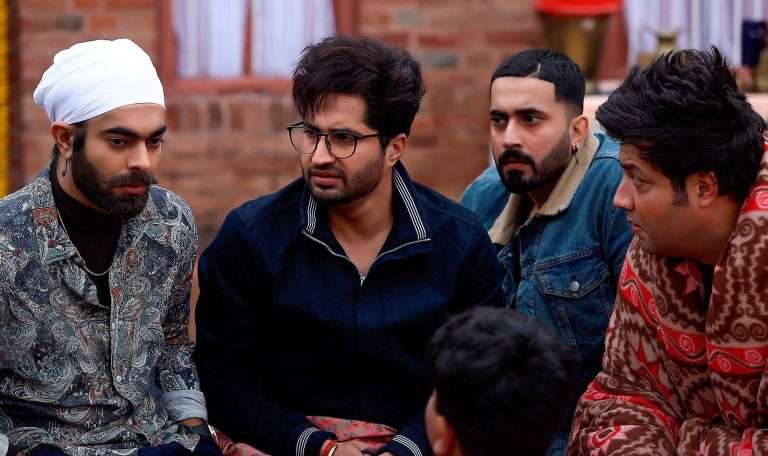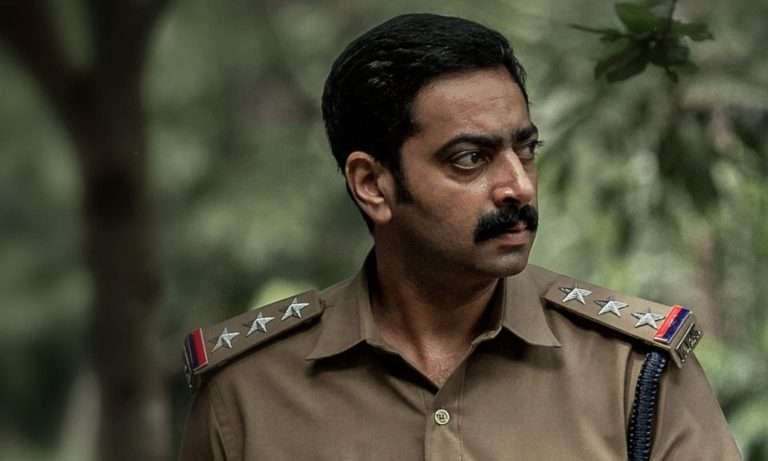Biographical documentaries court a variety of limitations. The gaze, as has often been the case, tends to summarily gloat about the figure it is zeroing on. Honest appraisals get supplanted by timid, cautious sketches that barely dive beneath the skin of a person. They stray into one-dimensional portraits, gleaming with heightened adoration. The work of such films would ideally traverse the distance between awe and a critical engagement, which renders the pursuit of depiction sincere and palpably humane. Don Hardy’s “Linda Perry: Let It Die” here is a bristling, candid reflection of the eponymous musician and producer.
Perry has been integrally associated with and behind major sensational hits from the biggest in the business, from Adele to Pink and Christina Aguilera. While Perry is known for a formidable, intimidating exterior, people keep countering it, emphasizing the sheer warmth with which she embraces everyone. She creates safe spaces where artists feel free to express their vulnerability and foray into complicated, thorny subject matter.
Several scenes set during a recording session highlight how frequently Perry emboldens the singer to try out various stuff and push their caliber into new directions. Perry is restless in stretching her talents, driven by an unstoppable eagerness and a want to better herself at the craft of enabling others to realize their full potential. Amidst the hustle, she almost entirely forgets to look after herself. The documentary explores a point in her life when she seems to finally take stock of her life. She admits to struggling with recuperating a sense of purpose, beset by an uncertainty about who she wants to be.

Don Hardy’s film sidesteps an elaborately varnished, flattering portrait and provides something akin to a raw, incisive self-interrogation directed by Perry herself. While the film acknowledges and pays myriad tributes to Perry’s brilliance, the fact that she is so severely self-skewering and terribly unkind to herself allows the cracks to show. Perry’s mother casts a looming shadow over the film. It is she who Perry concedes is her ‘muse, hero, and villain.’
She is haunted by a tough childhood. Her fraught relationship with her mother has impacted the entirety of her life and how she approaches her career. She comes from a family where communication would hit a wall. There was so much she wanted to ask her mother, but the emotional distance the latter foisted prevented even the slightest sliver of dialogue, let alone heartfelt conversation. Such lack of emotional space has led her into precarious circumstances and slipping on a personality heedless to her own equilibrium.
Perry is self-flagellating. Her brutality aimed at herself isn’t something she is oblivious to. She is acutely aware of her damaging work habits, her relentless hustling, and its emotional perils. That she is constantly indulging in unhealthy work practices as part of sustaining herself doesn’t occupy a removed position in her consciousness. She sees it as incremental to staying sane while confessing how actually detrimental it is on every mental and emotional level. The film treats her persistent affinity for such traits with deep kindness, generosity, and caring attention.
Though Hardy is the director, the gift of the film reveals how ultimately it is Perry who remains with dignity and passion at the center, uniquely helming the way we can understand her journey without manipulation of empathy. Honesty shines through every scene. The introspection is matched with a rigorous eye to every beat of Perry’s journey. We stay with her as she guides us into the most discomfiting depths of her pain and denial. It all bursts through in an unforgettable scene of her dancing to Supertramp’s Take the Long Way Home as she breaks down. It yanks a piece out of the viewer. Don Hardy’s film never feels extractive or designed in such moments, instead fusing them organically into the general texture. Despite all the bleak inner corners we are taken into, there’s a smidgen of hope and strength and reclamation; a luminous authenticity elevates the film.





![Greener Grass [2019]: ‘MAMI’ Review – A Surreal Satire on the Displeasure of Politeness](https://79468c92.delivery.rocketcdn.me/wp-content/uploads/2019/10/Greener-Grass-MAMI-highonfilms-768x320.jpg)


